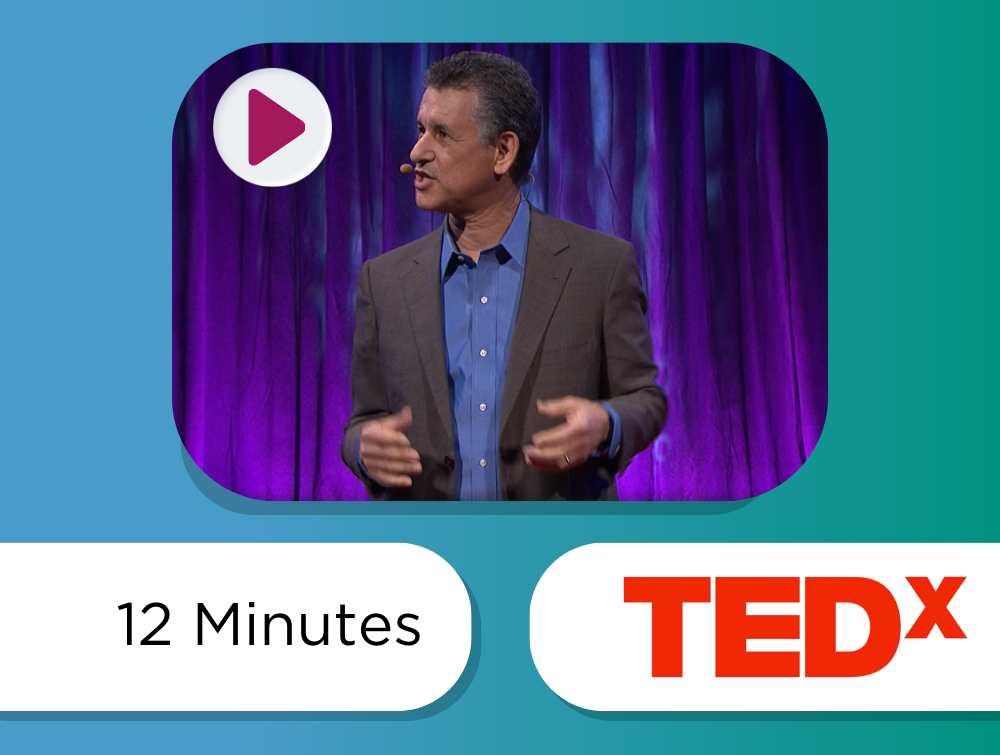When conflict isn't healthy, the most important thing is to realise the relationship(s) is an issue. Being honest about this is the first step to changing things. Never just write off opinions that you disagree with or dislike, because there is always something to learn from the perspectives of others. Engaging helps us reach a better understanding, which we can't do if we don't talk to each other and make an effort to be good listeners. Structured disagreement should be mutually respectful and include a genuine desire to persuade and be persuaded.
Very rarely are things simply black and white, there are shades of grey in everything and we should begin by considering that we may not be the only person whose opinion matters. People who disagree the most productively start by finding common ground, no matter how narrow it is. Tuning out opposing viewpoints doesn't make them go away, we should consider the possibility that these ideas may also be relevant and pre-commit to the possibility of being wrong. After all, if you are right, what harm could that do?
Have a Courageous Conversation
Speaking up about issues that are bothering you can be hard, but articulating your thoughts and feelings can quickly clear up misunderstandings and improve your relationships with colleagues. The conversation should focus on restoring your relationship, not blame or anger. It won't always be easy but if something is making you feel unhappy, it's worth discussing.
Be clear what the conversation is about and what you want to achieve. Try being curious and say things like "help me understand....." or "I've noticed that......"
Your organisation will probably also run training on communications skills or holding courageous conversations. As your Learning / Education department to see what options there are.
Resources





